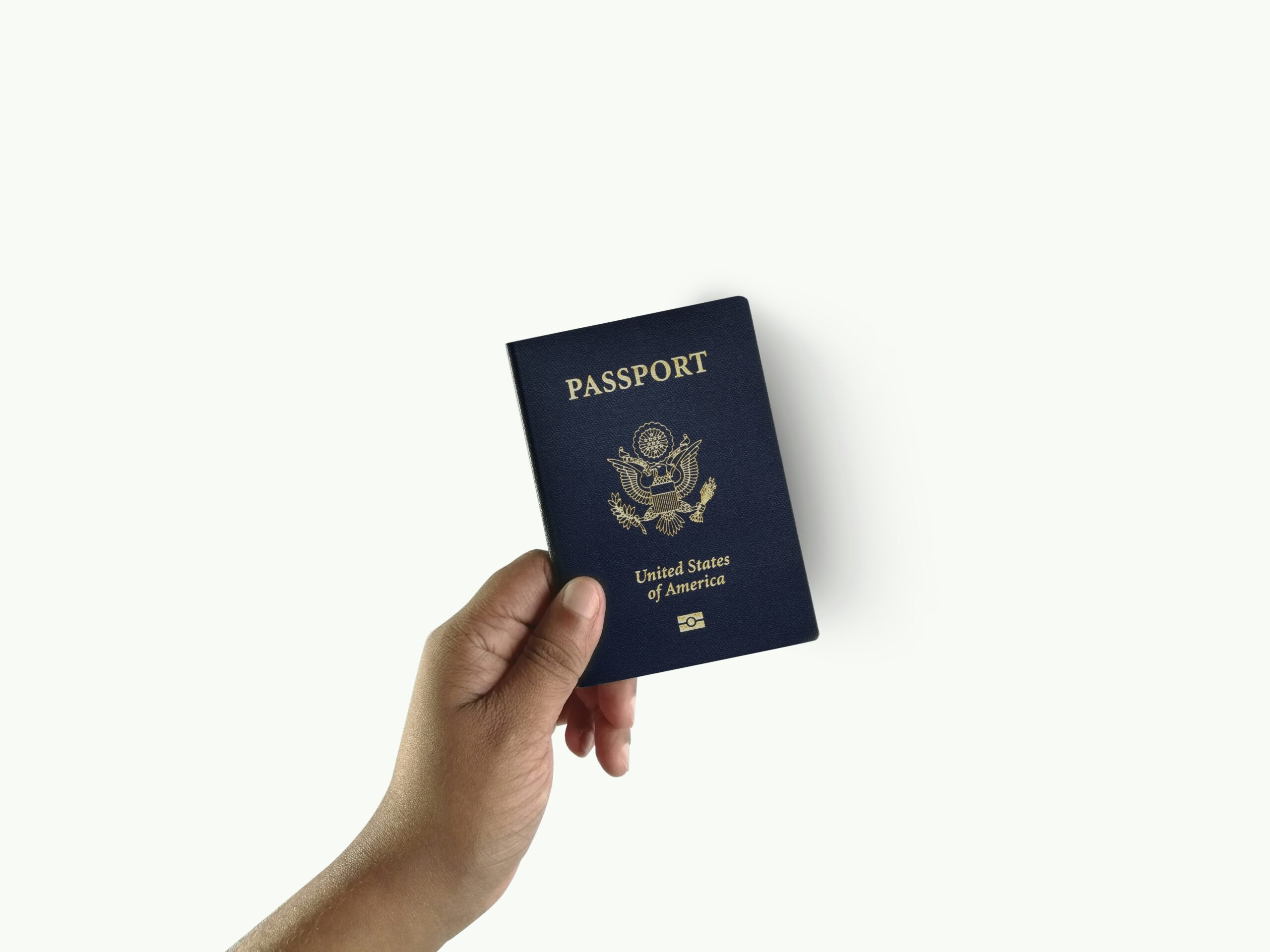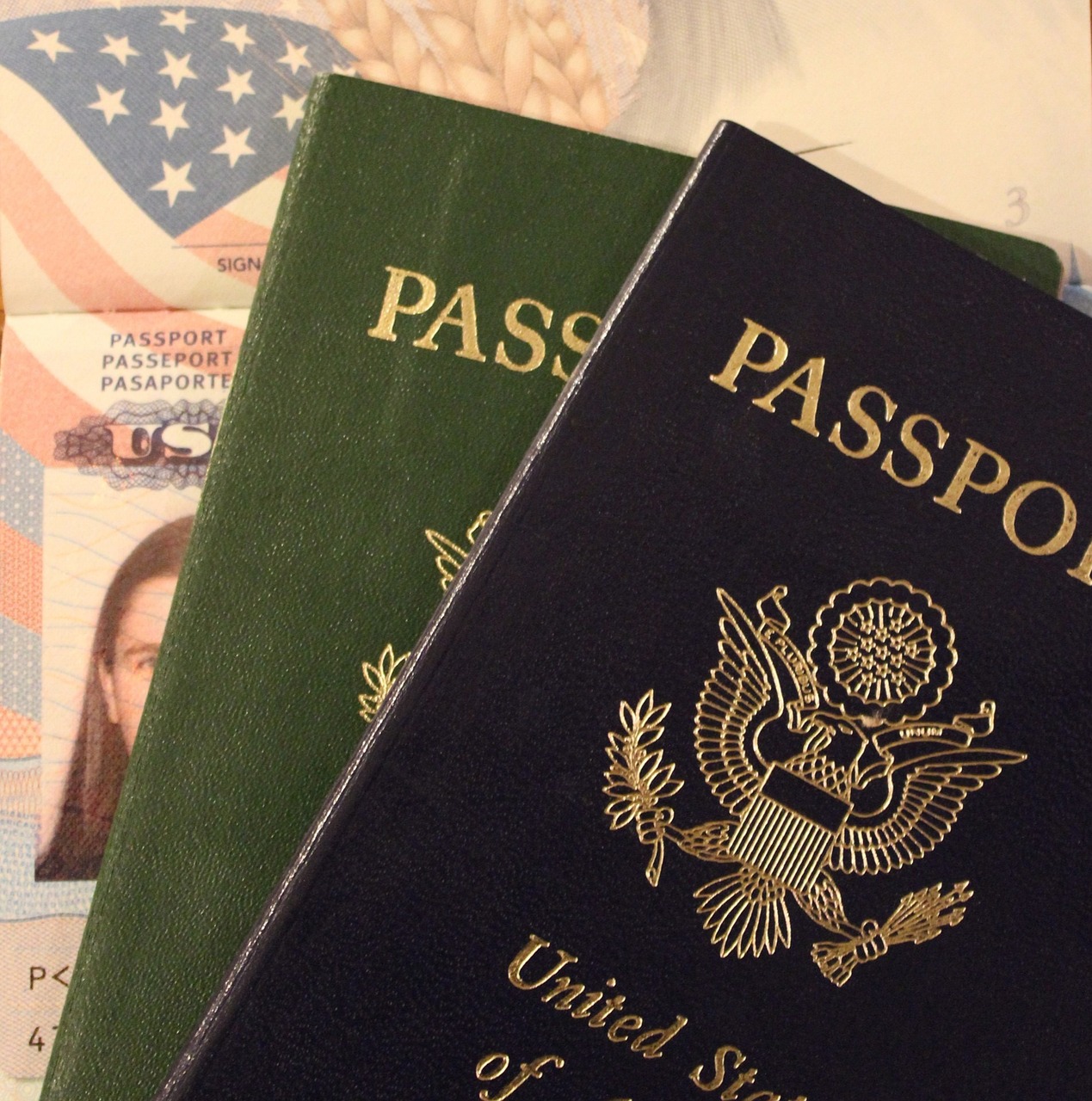
The EB3 visa category is an employment-based immigrant visa. It is a pathway for professionals, skilled workers, and unskilled workers who want to obtain permanent residency in the United States. This visa category is highly sought after by individuals seeking employment opportunities and a chance to establish a long-term career in the U.S.
Read on as we explore the following:
Table of Contents
The EB3 visa category is divided into three subcategories. Each subcategory has its own specific requirements and criteria for eligibility.
Professionals in the EB3(A) subcategory are individuals whose jobs will require at least a U.S. bachelor's degree or its foreign equivalent. Examples of professionals include architects, lawyers, physicians, engineers, and teachers.
To qualify for the EB3(A) visa, you must meet the following criteria:
Skilled Workers in the EB3(B) subcategory are individuals who possess at least two years of training or experience in their occupation. These occupations do not typically require a bachelor's degree but require specialized skills. Examples of skilled workers include computer and technical workers, chefs, construction first-line supervisors, stonemasons, reporters and journalists, graphic designers, and fashion designers.
To qualify for the EB3(B) visa, you must meet the following criteria:
Unskilled Workers in the EB3(C) subcategory are individuals who can perform unskilled labor requiring less than two years of training or experience. Occupations in this subcategory include housekeepers, nannies, janitors, garden workers, nurse's aides, and farm workers.
To qualify for the EB3(C) visa, you must meet the following criteria:
Here’s the step-by-step process of obtaining an EB3 visa.
Before applying for the EB3 visa, your employer must obtain a labor certification from the U.S. Department of Labor (DOL).
The PERM labor certification process will prove that no qualified workers in the U.S. are available for the job you're being offered. The requirements and procedures for labor certification can be found on the DOL's website.
Upon the approval of the labor certification, your employer can offer you a permanent, full-time job. The job offer must meet all the requirements specified for each subcategory of the EB3 visa.
In addition to the job offer, you will need to gather the necessary documentation. These include:
Your employer will file Form I-140 on your behalf. This Immigrant Petition for Alien Worker will establish your eligibility for the EB3 visa, so it must be accompanied by the required supporting documentation. The processing time for Form I-140 varies but can be expedited through premium processing for an additional fee.
Once your Form I-140 is approved, you must wait for a visa number to become available. The U.S. government sets annual limits on visa numbers.
The Visa Bulletin published by the U.S. Department of State provides information on visa availability for each preference category. The waiting time varies based on the country of origin and the demand for EB3 visas.
If you are already in the U.S., you may file Form I-485, the Application to Register Permanent Residence or Adjust Status. This form allows you to change your nonimmigrant status to that of a permanent resident.
If you are outside the United States, you will need to go through consular processing at the nearest U.S. Embassy or consulate.
Note: The adjustment of status process can take several months to complete, and during this time, the employee can enjoy the benefits of permanent residency, such as the ability to work and live in the United States without restrictions. After a certain period of time as a permanent resident, the employee may be eligible to apply for U.S. citizenship.
Once your Form I-485 or consular processing is complete, you will undergo a medical examination and biometric appointment. After successful completion, you will receive your EB3 visa, which grants you permanent residency in the United States. Your green card, confirming your status as a lawful permanent resident, will be mailed to you.
Fees and processing times can vary for each step of the EB3 visa process. It's important to stay updated on the latest fee changes by referring to the U.S. Citizenship and Immigration Services (USCIS) website. Additionally, processing times can be influenced by various factors, including the volume of applications and the specific circumstances of each case.
Hire St. Louis Immigration Lawyers
The EB3 visa offers several advantages for foreign workers and their families.

While the EB3 visa category provides a valuable opportunity for professionals, skilled workers, and unskilled workers, the application process can face challenges and delays. Some common challenges include:
The demand for EB3 visas often exceeds the annual quota, resulting in backlogs and longer waiting times, particularly for unskilled workers. Depending on the applicant's country of origin, the wait time can be several years.
Obtaining an approved labor certification from the U.S. Department of Labor can be a complex and time-consuming process. Employers must demonstrate that they tried to recruit U.S. workers and that no qualified U.S. workers are available for the job.
The EB3 visa application requires extensive documentation and evidence to support the employee's qualifications and the employer's need for foreign workers. Ensuring all required documents are complete and accurate can be a challenge.
To navigate these challenges and minimize delays, work with a St. Louis immigration attorney who will guide you through the visa application process, assist with document preparation, and address any issues that may arise.
It is important to note that country-specific considerations can impact the EB3 visa process. The annual quota for EB3 visas is divided among different countries, and certain countries may have higher demand, resulting in longer waiting times. This is known as visa retrogression, where the priority date or the date the labor certification was filed determines the employee's place in line for a visa number.
Employees from countries with high demand may experience longer waiting times than those from countries with lower demand. It is important to stay updated on visa bulletin updates and consult with an immigration attorney to understand the implications of country-specific considerations on your EB3 visa application.
Hire St. Louis Immigration Lawyers
Q: Can I apply for the EB3 visa without a job offer from a U.S. employer?
A: No, the EB3 visa requires a job offer from a U.S. employer.
Q: Is there a minimum salary for the EB3 visa?
A: None. However, the employer must offer a wage that meets the current wage for the occupation in the specific geographic area. This wage is determined by the U.S. Department of Labor.
Q: Can I change employers after obtaining the EB3 visa?
A: Yes, as long as you meet specific requirements. The American Competitiveness in the Twenty-First Century Act (AC21) permits EB3 visa holders to change employers under certain circumstances.
Q: Can my family members accompany me to the U.S. on the EB3 visa?
A: Yes, your spouse, including unmarried children under 21 years old, can. They may also apply for derivative visas during your employment-based immigration process.
Q: Can I include my family members in my initial EB3 visa application?
A: Yes, you can add your derivative beneficiaries to your EB3 visa application. These include your spouse and unmarried children who are under 21 years old.
Q: Can I sponsor my family members for green cards once I obtain the EB3 visa?
A: Yes. This involves filing Form I-485 on behalf of each family member.
Q: Is premium processing available for the EB3 visa?
A: Premium processing is available for the Form I-140 petition in the EB3 visa category. But for the Form I-485 application or for consular processing, premium processing is not available.
Q: Can I travel outside the U.S. during the EB3 visa application process?
A: Consult with a St. Louis immigration attorney or review the rules and requirements to ensure that your travel plans align with the immigration process.
The EB3 visa category provides a valuable opportunity for eligible individuals seeking employment in the United States. Understanding the eligibility criteria, application process, and challenges associated with the EB 3 visa can help streamline the application process. It will also increase the chances of a successful outcome.
Seek professional guidance from our experienced immigration attorneys here at Hacking Immigration Law, LLC, to navigate the complexities of the EB3 visa process and ensure a smooth application experience today.








